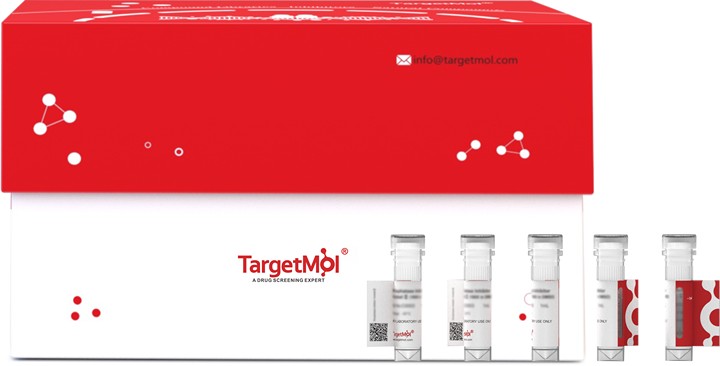购物车
 您的购物车当前为空
您的购物车当前为空
别名 Cluster of Differentiation 38, CD38
CD38 Protein, Human, Recombinant is expressed in HEK293 Cells. The accession number is P28907.


为众多的药物研发团队赋能,
让新药发现更简单!
CD38 Protein, Human, Recombinant is expressed in HEK293 Cells. The accession number is P28907.
| 规格 | 价格 | 库存 | 数量 |
|---|---|---|---|
| 5 μg | ¥ 337 | 6-8日内发货 | |
| 10 μg | ¥ 537 | 6-8日内发货 | |
| 20 μg | ¥ 878 | 5日内发货 | |
| 50 μg | ¥ 1,720 | 5日内发货 | |
| 100 μg | ¥ 2,890 | 5日内发货 | |
| 200 μg | ¥ 4,950 | 5日内发货 | |
| 500 μg | ¥ 9,850 | 5日内发货 | |
| 1 mg | ¥ 17,200 | 5日内发货 |
| 产品描述 | CD38 Protein, Human, Recombinant is expressed in HEK293 Cells. The accession number is P28907. |
| 生物活性 | Immobilized CD38, Human at 1.0 μg/ml (100 μl/well) can bind Human CD38 Antibody (38.F2), Mouse with EC 50 =1.640 ng/ml when detected by M6 Goat Anti Mouse (Fc). |
| 研究背景 | CD38 (also referred to as T10 antigen) is a nonlineage-restricted type II transmembrane glycoprotein that has emerged as an intracellular calcium ion mobilizing messenger. It can serve as an ectoenzyme that catalyzes the synthesis and hydrolysis of cyclic ADP-ribose. The enzymatic functions of CD38 probably contribute to an array of its immunoregulatory functions. It has been found on the surface of many immune cells (white blood cells), including CD4+, CD8+, B lymphocytes and natural killer cells. Soluble CD38 and the ability of membrane-bound CD38 to become internalized in response to appropriate stimuli suggest that extracellular and intracellular roles for this protein are equally plausible. |
| 种属 | Human |
| 表达系统 | HEK293 Cells |
| 标签 | Tag Free |
| 蛋白编号 | P28907 |
| 蛋白构建 | Val43-lle300 |
| 蛋白纯度 | > 95% as determined by SDS-PAGE |
| 缓冲液 | Lyophilized from a 0.2 μm filtered solution in PBS. |
| 复溶方法 | Reconstitute the lyophilized protein in sterile deionized water. The product concentration should not be less than 100 μg/ml. Before opening, centrifuge the tube to collect powder at the bottom. After adding the reconstitution buffer, avoid vortexing or pipetting for mixing. |
| 别名 | Cluster of Differentiation 38, CD38 |
| 内毒素 | < 1 EU/μg of protein as determined by the LAL method. |
| 分子量 | ~35.7 kDa (Reducing conditions) |
| 运输方式 | In general, Lyophilized powders are shipping with blue ice. Solutions are shipping with dry ice. |
| 存储 | Upon receiving, this product remains stable for up to 6 months at lower than -70°C. Upon reconstitution, the product should be stable for up to 1 week at 4°C or up to 3 months at -20°C. For long term storage it is recommended that a carrier protein (example 0.1% BSA) be added. Avoid repeated freeze-thaw cycles. |
对于不同动物的给药剂量换算,您也可以参考 更多